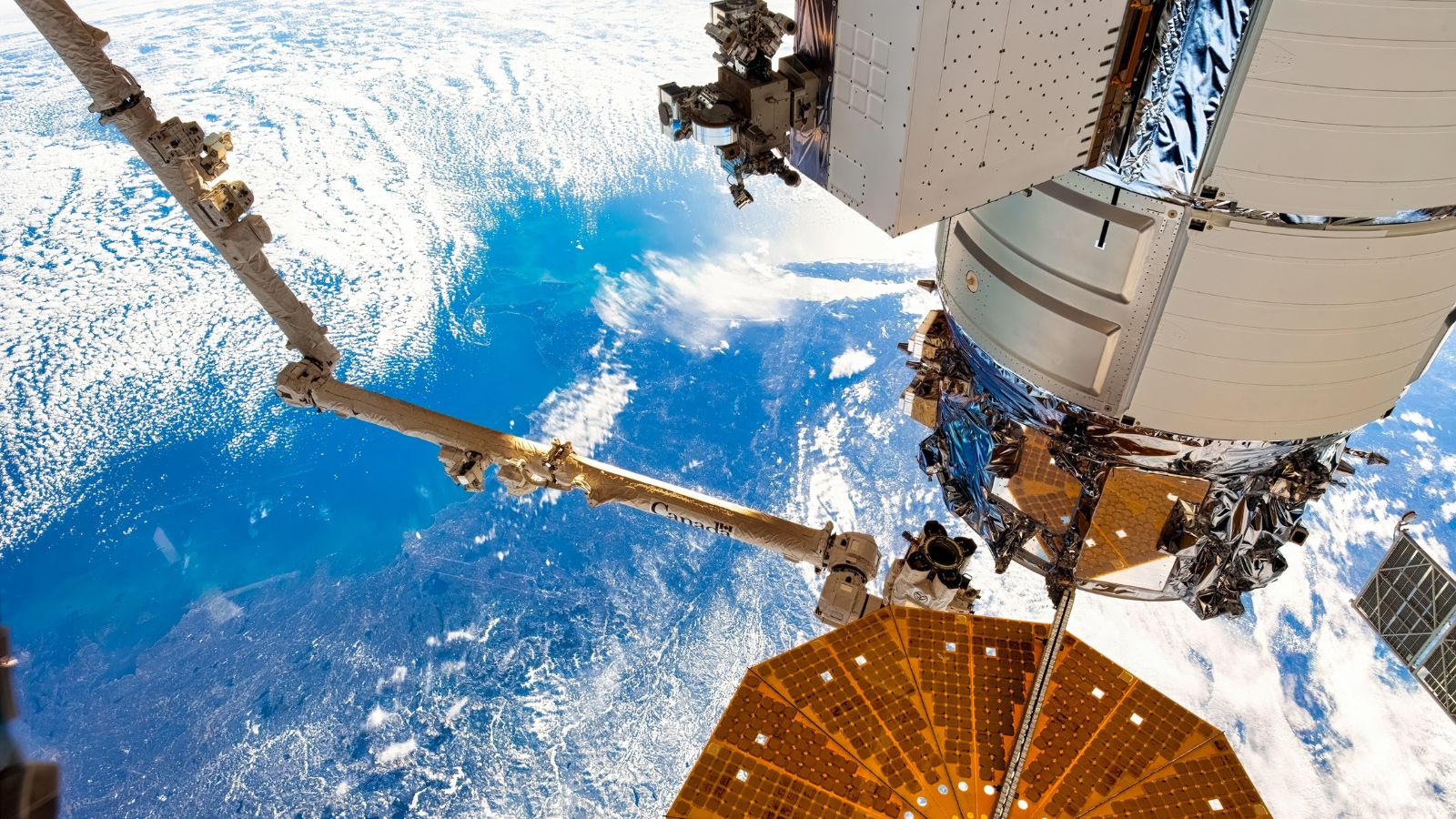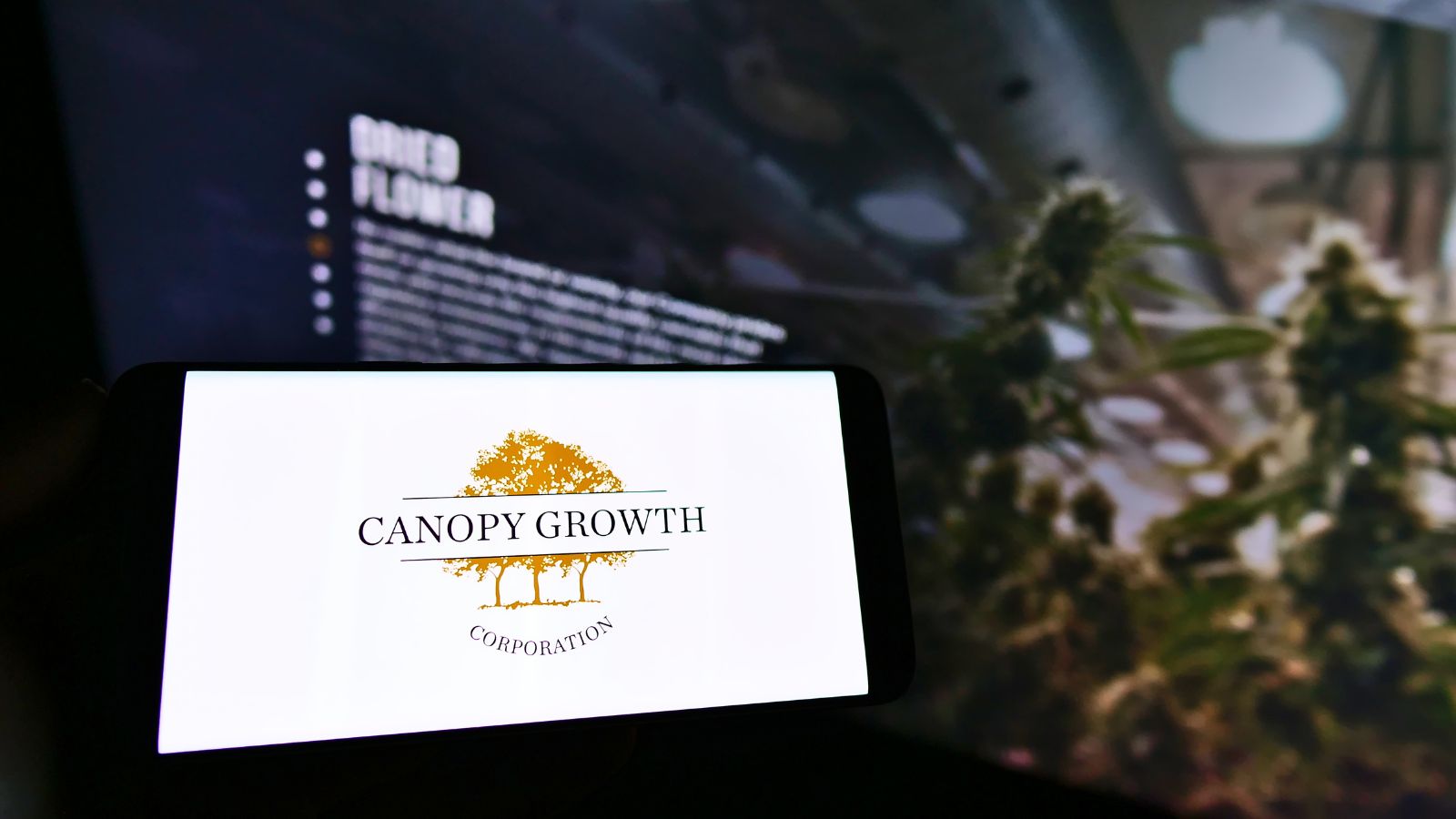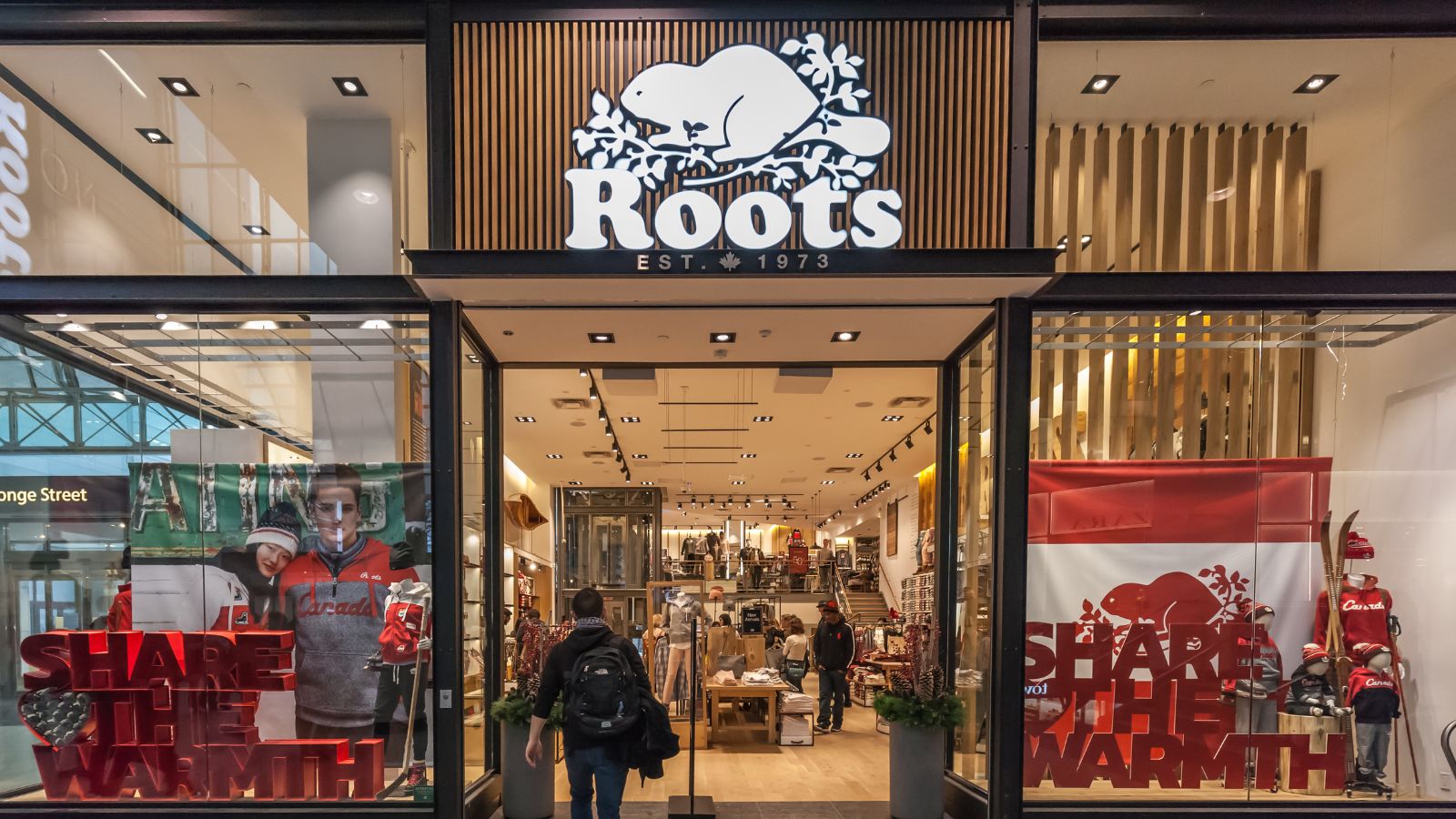Canada is often underestimated in the global spotlight, especially when filtered through the lens of American media. Yet, north of the border, remarkable innovation, social advancement, and economic resilience continue to unfold. From tech powerhouses and environmental leadership to culture-shifting moments and global diplomacy, Canada has amassed a series of success stories that deserve attention. Here are 21 Canadian triumphs that the U.S. media rarely highlights.
Shopify’s Global E-Commerce Domination

Founded in Ottawa in 2006, Shopify has become one of the world’s leading e-commerce platforms, powering millions of businesses across 175 countries. What started as a simple solution for selling snowboards online has grown into a tech giant with a market cap once rivaling that of eBay. Shopify also provides tools for entrepreneurs and big brands alike, democratizing the online retail experience. However, despite its scale, Shopify is often overlooked in mainstream U.S. tech coverage, which Silicon Valley players dominate.
IMAX’s Hollywood Integration

Born in Canada in the late 1960s, IMAX revolutionized cinema with large-format film technology and immersive audio. Although widely used in Hollywood blockbusters, including those by Christopher Nolan and Marvel Studios, IMAX is often overlooked as a Canadian invention. The company, based in Mississauga, Ontario, has transformed the way movies are experienced in theaters globally. Its footprint includes over 1,700 theaters across more than 85 countries.
Cirque du Soleil’s Entertainment Empire

What began as a troupe of street performers in Quebec has grown into a global entertainment empire. Cirque du Soleil redefined the modern circus by eliminating the use of animals and focusing on human artistry, storytelling, and creativity. With productions in over 60 countries and nearly 180 million spectators worldwide, it set a new standard in live performance. Despite its global impact and financial success, Cirque’s Canadian roots are often overshadowed in international coverage.
The Canadarm’s Role in Space Exploration

Developed by the Canadian Space Agency, the Canadarm is a robotic marvel that played a key role in NASA’s Space Shuttle missions and the construction of the International Space Station. First launched in 1981, its successors, the Canadarm2 and Dextre, are still essential to ISS operations. While astronauts and NASA missions get ample media attention, the Canadian engineering that makes much of it possible is often left unmentioned.
Terramera’s Agricultural Tech Leadership

Based in Vancouver, Terramera is a pioneer in agri-tech, combining artificial intelligence and biotechnology to reduce the use of synthetic pesticides in farming. Its proprietary technology aims to make agriculture more sustainable and efficient while improving global food security. With significant investment from both Canadian and international sources, Terramera is transforming the way food is grown and harvested. U.S. media tends to highlight agri-tech startups from California or Israel, but Terramera’s innovation places Canada at the forefront of eco-friendly farming technology.
DeepMind’s Toronto AI Research

Though initially a British company, DeepMind’s Toronto research lab has become instrumental in advancing artificial intelligence. Canada’s strong academic background in machine learning, primarily attributed to the work of Geoffrey Hinton at the University of Toronto, has made the country a hotspot for AI development. The Toronto lab contributes to projects with global implications, including protein folding and energy efficiency. And, while DeepMind often appears in U.S. media through its parent company Alphabet, its Canadian operations are rarely acknowledged, despite their central role in AI breakthroughs.
Degrassi’s Cultural Influence

Canada’s long-running teen drama series, Degrassi, has tackled real-world issues such as mental health, teen pregnancy, and racism since the 1980s. It launched the careers of major stars, including Drake, and influenced countless American teen dramas. Despite being a critical and commercial success internationally, U.S. outlets often overlook its origin. Degrassi was ahead of its time, presenting authentic teenage experiences long before similar American shows gained traction. Its cultural contributions remain significant and uniquely Canadian.
Bombardier’s Global Transit Reach

Bombardier, based in Montreal, is one of the world’s leading manufacturers of trains and aircraft. Its rail systems operate in cities from New York to Berlin, and global elites favor its business jets. While the company has experienced its share of financial ups and downs, its engineering achievements and international contracts are undeniable. Bombardier played a pivotal role in modernizing public transportation worldwide, yet its Canadian identity is often overlooked in U.S. business and infrastructure discussions.
Canopy Growth’s Cannabis Industry Leadership

As one of the first publicly traded cannabis companies, Canopy Growth helped establish Canada as a global leader in the legal marijuana industry. Based in Smiths Falls, Ontario, the company has expanded internationally with operations in several countries. It was among the first to strike partnerships with beverage and pharma giants, setting the standard for cannabis commerce. Although the U.S. remains tangled in federal prohibitions, Canada’s proactive legalization and business frameworks are rarely cited as a model in U.S. media coverage.
BlackBerry’s Cybersecurity Evolution

Once known for its mobile phones, BlackBerry has successfully pivoted to become a global leader in cybersecurity and embedded systems. Headquartered in Waterloo, Ontario, the company now secures over 500 million endpoints, including critical infrastructure and automotive systems. While its phone era is often used as a punchline in U.S. tech media, its transformation into a serious cybersecurity firm is a Canadian success story that deserves more attention.
Mitacs’ Research Internship Network

Mitacs is a Canadian non-profit organization that connects academia with industry through research internships, driving innovation in sectors such as health, AI, and cleantech. Since its inception, it has facilitated tens of thousands of internships, strengthening ties between universities and businesses. This public-private model has improved Canada’s research output and talent retention, yet it receives little to no attention in U.S. policy or educational coverage. It remains a blueprint for fostering national innovation.
Roots’ Ethical Fashion Model

Toronto-based Roots has built a global brand on ethical manufacturing, environmental responsibility, and Canadian style. It sources sustainable materials and emphasizes transparency in its supply chain. While many U.S. fashion brands face criticism for sweatshop labor, Roots quietly maintains higher ethical standards. Its global popularity, particularly in Asia and parts of Europe, stems from both quality and value. Yet in U.S. fashion media, its presence is minimal compared to flashier brands with less ethical track records.
Canadian Banks’ Stability

Unlike the boom-and-bust cycles seen in the U.S. banking system, Canadian banks such as RBC, TD, and Scotiabank have earned global praise for their stability. During the 2008 financial crisis, Canada’s banks remained largely unscathed thanks to strict regulations and conservative lending practices. These institutions consistently rank among the world’s most stable and trusted. However, despite their international reach and sound fiscal management, U.S. financial media rarely explores why Canadian banks outperform their American counterparts.
Sportlogiq’s Sports Analytics Breakthroughs

Montreal-based Sportlogiq uses AI and computer vision to provide detailed performance data for hockey, football, and soccer teams worldwide. Its clients include NHL and European football clubs, and its data has influenced everything from player recruitment to in-game strategy. In the data-driven era of sports, Sportlogiq is a pioneer. However, it is seldom acknowledged in American sports coverage, which focuses heavily on U.S.-based analytics firms. This Canadian company has reshaped the way teams measure performance.
Wattpad’s Literary Disruption

Founded in Toronto, Wattpad is an online platform where writers share stories directly with readers. With over 90 million users, it has disrupted traditional publishing by crowd-sourcing book deals and even movie adaptations. Major publishers and studios now scout Wattpad for emerging talent, resulting in books and films that originate outside the traditional literary channels. While American media sometimes covers its popular stories, it rarely highlights the platform’s Canadian roots or its role in redefining publishing.
Desjardins Group’s Cooperative Model

Headquartered in Quebec, Desjardins is North America’s largest federation of credit unions. Its cooperative model prioritizes member benefits over shareholder profits, offering an alternative to traditional banking. Desjardins has been consistently profitable while investing heavily in community initiatives and innovation. And, while U.S. media often critiques big banks, it rarely highlights functioning alternatives like Desjardins. The group serves over 7 million members and represents a stable, ethical approach to financial services.
Blue Ant Media’s Global Content Reach

Toronto-based Blue Ant Media owns and operates channels in multiple countries, producing award-winning content in lifestyle, nature, and factual programming. It competes with major U.S. networks and collaborates with platforms such as Netflix and the BBC. Additionally, in March 2025, Blue Ant announced a reverse takeover of Boat Rocker Media, acquiring three production powerhouses: Insight Productions, Jam Filled, and Proper Television, which are poised to go public on the TSX.
Quebec’s Universal Childcare Program

Quebec introduced a subsidized childcare program in 1997, offering spaces for as low as $8 a day. The model has led to increased female workforce participation and improved early childhood development. Economists globally have praised its outcomes, with some urging similar policies elsewhere. And, despite challenges like staff shortages and equity gaps in high-quality slots, the program remains politically untouchable and serves as a living model for U.S. and national efforts.
Brain Canada’s Neuroscience Funding

Brain Canada is a national non-profit that funds cutting-edge neuroscience research across institutions. Backed by both public and private sectors, it supports large-scale, interdisciplinary projects aimed at understanding and treating brain diseases. With over $250 million invested, it has positioned Canada as a global leader in neuroscience. Yet American media coverage of neuroscience breakthroughs often ignores Brain Canada’s role, even when research involves cross-border collaboration.
Ecobee’s Smart Thermostat Disruption

Toronto-based Ecobee was the first to introduce a smart thermostat with room sensors, challenging the American giant Nest. Its products help users reduce energy consumption and manage indoor comfort more efficiently. Additionally, as of 2024, Ecobee-listed energy savings total 28.8 TWh and 5.6 million tons of CO₂ prevented. Acquired by Generac for $770 M in late 2021, Ecobee remains headquartered in Canada and continues to scale across North America, yet U.S. media often still spotlight Nest, overlooking this Canadian success
Terry Fox’s Global Legacy

Terry Fox’s Marathon of Hope in 1980 became a national inspiration and a global movement. Running across Canada with a prosthetic leg, he averaged a marathon a day for 143 days—covering 5,373 kilometers before cancer forced him to stop. Although he died in 1981, his legacy has continued to grow worldwide. The annual Terry Fox Run, now held in over 60 countries, has raised more than CAD 850 million for cancer research. Fox became the youngest person ever to receive the Order of Canada, and in a 1999 national survey, he was voted the Greatest Canadian of the 20th century. While U.S. outlets occasionally reference him, they seldom emphasize the scale of his global impact and enduring Canadian legacy.
21 Products Canadians Should Stockpile Before Tariffs Hit

If trade tensions escalate between Canada and the U.S., everyday essentials can suddenly disappear or skyrocket in price. Products like pantry basics and tech must-haves that depend on are deeply tied to cross-border supply chains and are likely to face various kinds of disruptions
21 Products Canadians Should Stockpile Before Tariffs Hit
